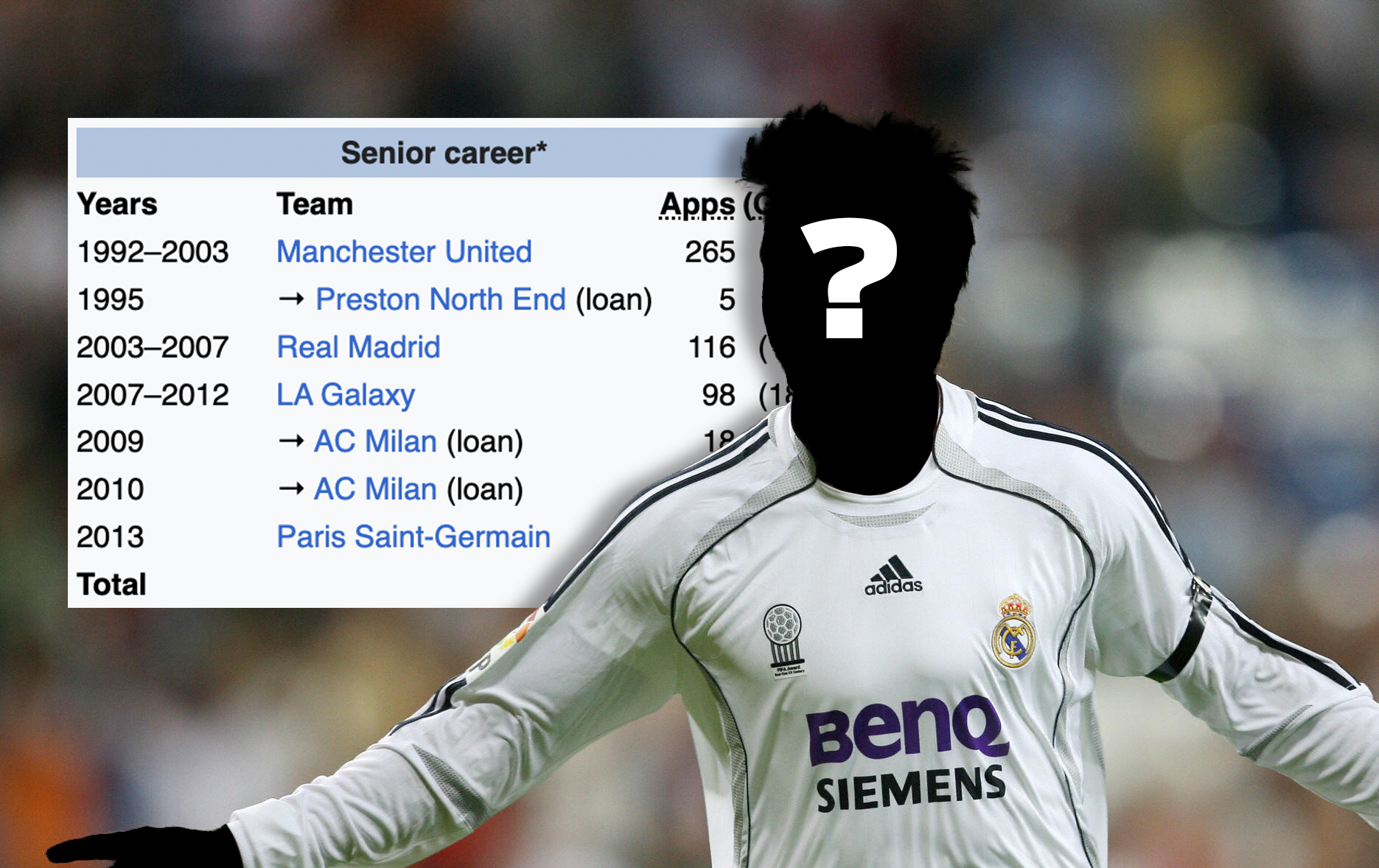
The best features, fun and footballing quizzes, straight to your inbox every week.
You are now subscribed
Your newsletter sign-up was successful
Want to add more newsletters?

Five times a week
FourFourTwo Daily
Fantastic football content straight to your inbox! From the latest transfer news, quizzes, videos, features and interviews with the biggest names in the game, plus lots more.

Once a week
...And it’s LIVE!
Sign up to our FREE live football newsletter, tracking all of the biggest games available to watch on the device of your choice. Never miss a kick-off!
Join the club
Get full access to premium articles, exclusive features and a growing list of member rewards.
Every year, Rio's samba schools seemingly pull off a miracle at the last minute when preparations appear hopelessly behind, putting on a show to remember.
That is the Brazilian way of doing things, and with the World Cup it will be no different, Sports Minister Aldo Rebelo told Reuters.
"If you go to a samba school, probably a week before Carnival, you won't believe that it will turn out such a precise, harmonious and exact parade as happens in those events," Rebelo said in an interview in Brasilia, referring to the annual Carnival that draws more than two million tourists.
"Things always work out with the characteristics of Brazil, which aren't those of the British and Germans, which perhaps many would like us to copy," he added.
That might not sound very reassuring to officials at world football's governing body FIFA, who have repeatedly voiced concerns about the pace of preparations for the World Cup.
Though most stadium projects appear on track, transportation infrastructure - from airports to public transport - and hotels remain woefully inadequate to accommodate the 600,000-plus visitors Brazil's government is expecting for the tournament.
CULTURE CLASH
The best features, fun and footballing quizzes, straight to your inbox every week.
The culture clash between Brazil and FIFA was never more evident than three weeks ago, when FIFA general secretary Jerome Valcke said Brazilian organisers needed "a kick up the backside" to ensure the country would be ready for the finals.
The comments caused an uproar in Brazil, prompting Rebelo to say the government would no longer accept Valcke as FIFA's point man for the event. FIFA President Sepp Blatter has personally taken over dealings with Brazil, helping to ease tensions.
Asked about the episode, Rebelo said both sides had moved on. "It was a gesture of bad manners that I condemned," he said.
Rebelo, the lone communist party member in President Dilma Rousseff's cabinet, said the to-do list over the next two years, while daunting, is achievable.
His priorities are to improve urban transport, complete works to expand and refurbish airports and finish the construction of 12 stadiums.
"When we hosted the World Cup in 1950, they also thought we wouldn't manage to build Maracana and we built the biggest stadium in the world in record time," he said, referring to the famous stadium in Rio where Brazil suffered the trauma of losing to Uruguay in a deciding game that was a final in all but name.
COMPLEX PROJECT
A report by a government auditor showed that by last month funds had been released for only eight out of 47 urban transport projects. None of the works to prepare ports to host cruise ships to boost available hotel accommodation have begun yet.
Rebelo, a soft-spoken career politician who once sponsored an ill-fated bill that sought to ban the use of foreign phrases in Brazilian Portuguese, said works could still be accelerated significantly if they were deemed to be well behind schedule.
 Join The Club
Join The Club










